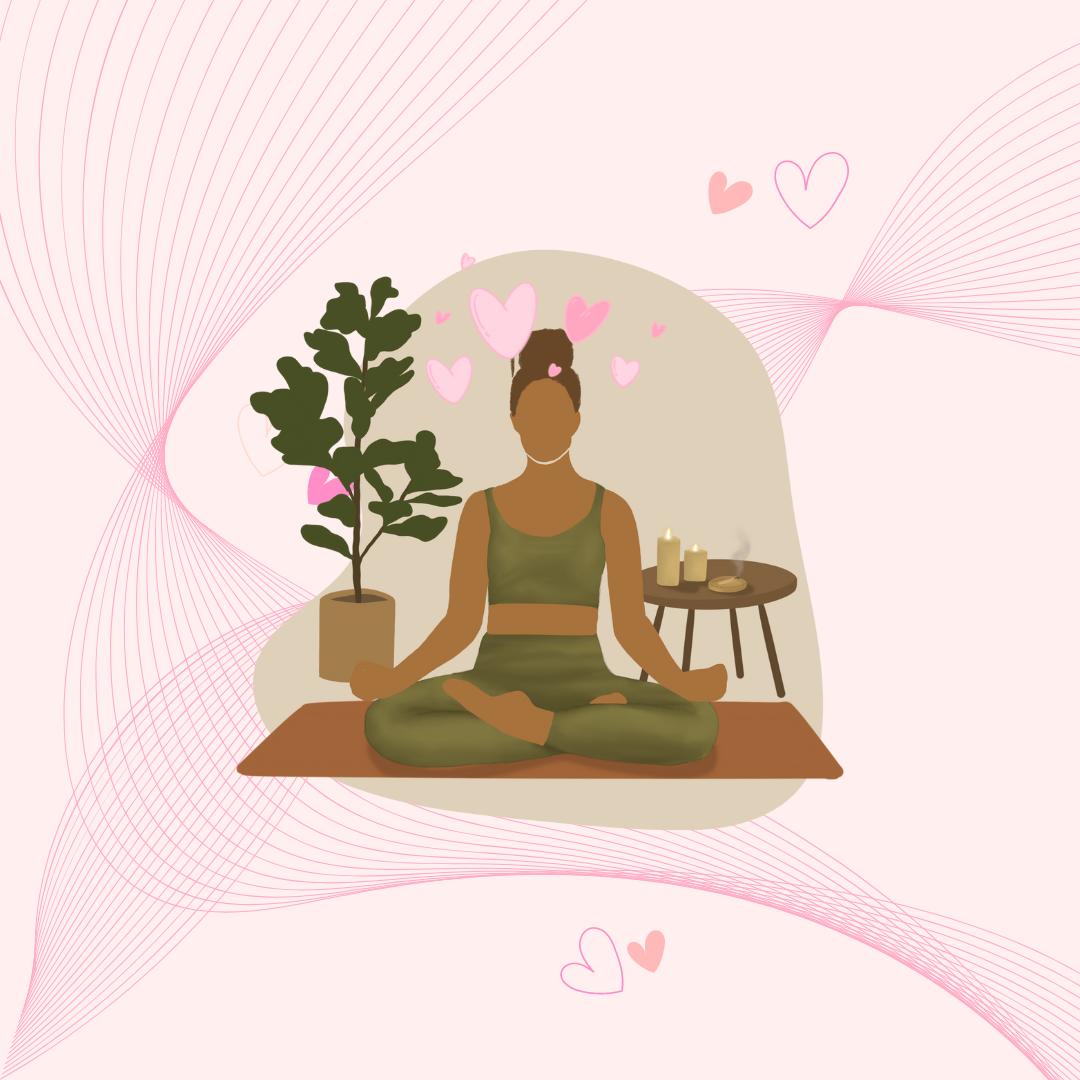Coffee runs, picnics at a park, reading at a library, study dates, going for a walk, listening to music on a bus, having a set schedule, creating a vision board; these are all seemingly normal things, but when romanticizing these activities, it is undeniably life changing.
There will almost always be chaos happening in each and every one’s life, but changing your perspective is all that is needed. Focusing on the small things in life that are usually neglected instead of keeping your mind on the negative things that occur can positively impact your mental health. Therefore, romanticizing your life is great! It is something so simple, yet not done enough.
Romanticizing was once, and still is, to a certain extent, the concept of creating an unrealistic image of a situation or idealizing positive moments when faced with toxic relationships. It is falling in love with the idea that things will get better when it is clearly unlikely and hanging onto that idea that everything will be okay as long as that relationship is ongoing. This form of romanticization can cause fixations, inferiority complexes, fear of being replaced, and a person to endure a toxic relationship while knowing it’s wrong. Therefore, this form of obsessive romanticization is highly not encouraged.
However, users in social media applications have far changed the concept into becoming a trend where people started simply seeing the beauty in their lives and enjoying the little things that happen throughout them. This can be showing gratitude to actions to the same degree as someone holding the door for you or letting you borrow a phone charger. They didn’t have to do it, yet they did, so it’s nice to just take the time to appreciate it.
It never hurts to take a pause in life, recollect moments that brought happiness, and cherish those moments. Not only does doing this make you aware of what is going on in your life while valuing those moments for what they are, but it can also encourage you to do similar acts of kindness for others.
It can also be enjoying activities you normally do. For example, if you’re studying for an exam, you’ll most likely feel stressed, but there is a way to lower that stress! As one would expect, studying for an exam can be tedious, which is exactly why you should romanticize studying, as it’ll make the task much more enjoyable. It is possible to do this in many ways. Study in an environment you enjoy, whether that be at home, a cozy cafe, or somewhere with scenery. Have a study playlist, imagine you’re in a competition, use multiple colored pens, or whatever helps you!
Sophomore Maria Estrada shows how romanticizing end dates helps her academics.
“Sometimes I have a lot of work and I stress out but I like to try to feel better about it because I think ‘oh classes are almost ending so that’s the good thing,” Estrada said.
Incorporate enjoyable components of your life into activities that cause boredom, and it’ll most likely get done!
The article, The Art of Romanticizing Study; Cultivating Joy and Meaning in the Pursuit of Knowledge, explains this more in detail.
“Creating a captivating study environment, personalizing study materials, setting goals with rewards, seeking inspiration, and incorporating self-care breaks are powerful tools to infuse romance and beauty into our study routines. As we cultivate a love for learning and ignite our passion, the act of studying becomes a celebration of the human spirit’s boundless curiosity and thirst for knowledge,” they said.
When implementing these tools that are enjoyable, people begin to get into the habit of studying more often and developing more dedication within their academics.
Romanticizing life can also help cool the nerves when entering a new environment.
“I started romanticizing life, I think, starting high school because I thought it was going to be a little hard making friends and everything, but I just tried to do it so I could feel better if anything went down,” Estrada said.
Some other examples of ordinary activities people can romanticize in their lives are dining at a restaurant, stargazing, watching the sun set, having a clear night and morning routine, and so much more!
Junior Hugo Cota shares one of the activities he does.
“Sometimes I just walk around, you know, and I’m just like, ‘the world is nice’ and you look up to the sky and see that it’s blue and you just learn to appreciate that,” Cota said.
Now mindfulness, the mental state achieved by being aware of the present moments of one’s life, is known to help improve mental health as it encourages accepting one’s ideas, emotions, and sensory experiences. UCLA Health conducted research showing that mindfulness has had multiple positive effects on people. Psychologically, it impacts your health by decreasing emotional reactivity, depression, anxiety, and rumination. Physical health is also impacted as it improves quality of sleep and immune system functioning.
Romanticizing things that occur within life is essentially a mindfulness practice.
In the article, Why You Should be ROMANTICIZING YOUR LIFE, Dr. Nina Vasan, a Chief Medical Officer said, “Romanticizing your life is a way to explore mindfulness by being present in moments of your daily life. Through the act of romanticizing your life, you become more in touch with your actions, thoughts, and emotions as you go about your day.”
By romanticizing moments that have occurred, people keep in touch with daily life, helping them work on their mental health.
“You definitely get more out of life. Like, for example, once I started doing that, I think that I started appreciating what I have more than what I don’t have,” Cota said.
Estrada also shares how romanticization has benefitted her.
“The benefits of doing so were probably feeling better about myself,” Estrada said.
As practicing mindfulness in the form of romanticization helps people keep in touch with their lives, it can help them realize that the things that have occurred will stay that way and help them realize that it will be okay when you’ve accepted that you can no longer do anything about it.
“There is no point in daunting what you can’t change or what you can’t do, so you might as well, like, enjoy life,” Cota said.


































